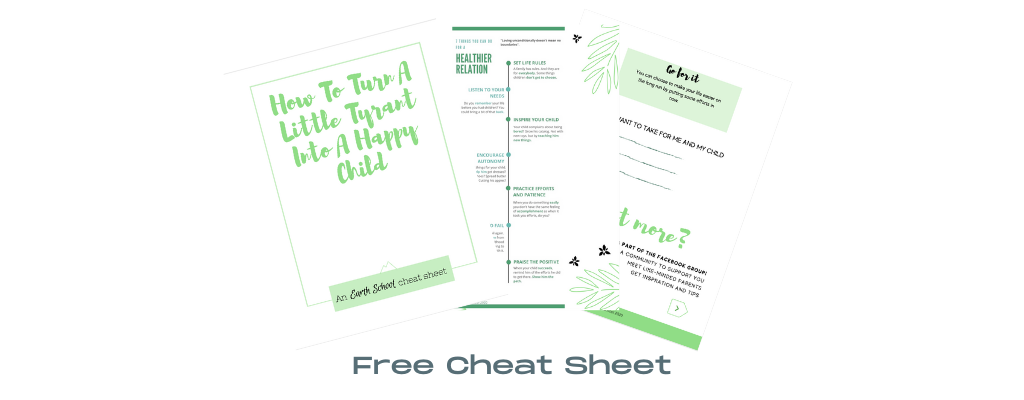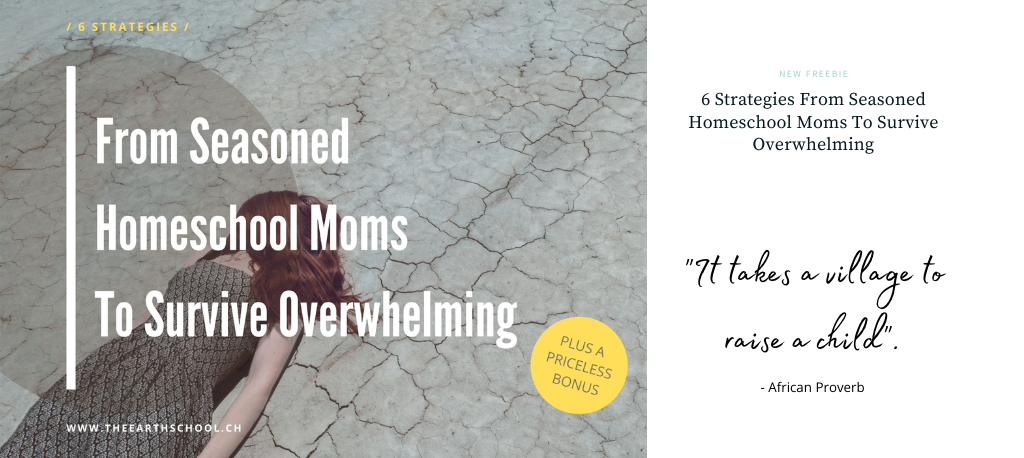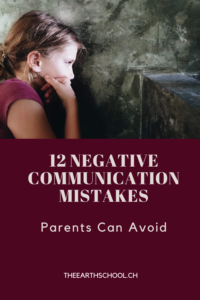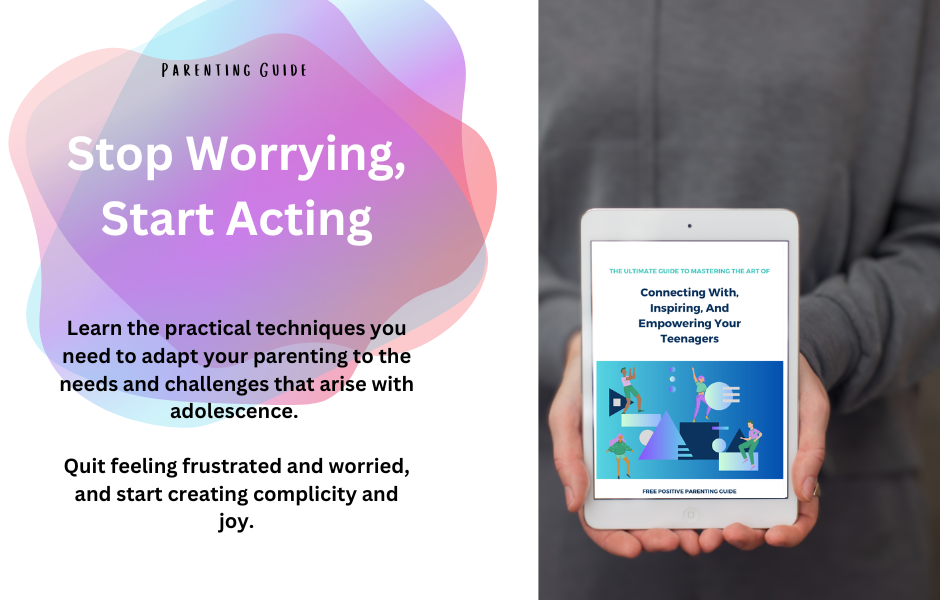
#15 Have You Lost Control Of Your Child? Here Is What To Do
You’d rather listen than read? Here is the audio of the blog post.
Are you feeling overwhelmed by your child’s whims and attitude? It’s never too late.
You’ve always tried to be the best parent ever? Are you careful to give your child love and attention? Do you work hard to be able to offer him financial security and comfort? Do you make sure he’s always happy and feel loved and important?
So how come, with all that goodwill, that you end up with a little tyrant who doesn’t listen to a word you say? Yelling and crying until he gets what he wants. And you wonder: how did this happen? And what can I do about it?
Don’t have time right now? Download the PDF version
Emperor Child Syndrome: the little tyrant in the house
The day you became a parent, you decided to do whatever you could to make your child happy. You gave him time, care, and attention. You spent your money without thinking twice so he would have the best everything. You made sure he felt loved and wanted. You couldn’t stand him being sad or disappointed. You saw his demands as proof of his growing personality and felt proud.
And one morning, you woke up and your cute baby was replaced by an Emperor child, a little tyrant who ruled the house with his demands. Your child has now one goal: pleasure. He is egocentric and not caring for others much, which makes it complicated with siblings or other kids. He cannot stand frustration and doesn’t admit mistakes, rather blaming others. He definitely knows your weaknesses and how to use them.
[Tweet “Sometimes, what first looks like a strong #temper in a #child turns into a dictatorship…”]
Let’s take some time to reflect.
Read those statements, do you sometimes tell people or yourself that your child:
-
has a strong character when he refuses to get dressed in the morning
-
has a lot of personality when he constantly says no
-
has a lot of energy when cannot spend 5 minutes without an activity
-
is asserting his individuality when not wanting to help
-
feels free to give his attention when not wanting to say hello
-
already has strong tastes when refusing to taste something
If you have some yes, it shows that you maybe have certain beliefs about education.
And it’s not on you if you believe those things.
Being a parent nowadays is though
Why is it so hard to be a parent today? A lot has to do with us being afraid to traumatize our children. For some parents, an answer to that is to yield to their child’s demands. Where does that come from?
A century ago, nobody cared about children’s happiness. Nobody even thought of it. But then, a couple of thinkers brought the matter to attention, like Montessori or Dolto. Great women by the way. They told people that children had specific needs. And that an education encompassing those needs would be better for children. The thing is, people haven’t stopped at that. After this eye-opening start, parents have second-guessed everything in education to a point where we got to no more education. No limits, no rules, just the child’s desires. From the children’s needs to the children’s demands.
We live in a culture of consumerism. Don’t you think that marketers aren’t aware of that shift in education? Nor that they didn’t see a great financial potential here? For decades, children’s « needs » have been used in adds. I’ve even seen adds where a child chooses the family car or the holiday destination. Consumerism puts emphasis on material things, and parents react by putting material needs over values and lines of conduct.
Our culture and society have a strong influence on our beliefs. In North America, much more than in Europe, there is this idea of self-made success, success story, and other overnight fame. The idea that a child has to be stronger than the others, to be better to fight his way to the top. But self-made doesn’t mean made alone. All the great success stories have a whole team with them. If your child develops a big ego but no capacities to me-others relations, he isn’t becoming strong, he is becoming lonely.
A quick note about blaming yourself
Now, please, don’t start to blame yourself and think about how you’re a failure and so on. Because it is not true. I learned once that each behavior was the best choice an individual had at that particular time. This means that everyone does his best, with what he knows and can do, in a given situation. You did your best. It’s all that matters.
Let it go. You don’t need to blame yourself.
Do you know what? Where the mind goes, the energy goes.
Do you really want your energy to be spent into berating yourself? Or you want your energy used to make things better? If you choose the second option, go for it, shift your mindset, accept the discomfort of setting limits.
A Satisfied Child Doesn’t Mean A Happy Child
Some children seem to have everything to be happy, material security, attentive and caring parents who do their best for their children, and yet, there is something unhappy about them. They can’t seem to fit in, they don’t get along with others, they are never satisfied, they show a lot of anger and frustration.
It is often a mystery for parents. They don’t understand why their beloved and much-loved child:
- loses his temper all the time
- becomes so demanding of attention when they feel they are already giving a lot of their time
- can throw impressive tantrums for what seems irrelevant like the color of the cereals
- is aggressive to his siblings and other children
The reason I can tell you: they aren’t in control of their emotions. When something doesn’t fit in THEIR reality ( meaning the way they want things to be for their own satisfaction), they get frustrated. And because they don’t know how to deal with that, they go into what we could call an emotional excess.
You can start by observing your child. You will learn a lot from it. If your child is very young and doesn’t speak yet, this is your only way to know if he’s feeling good or not. Later, you can observe him since your child might not have learned to express his feelings and emotions properly.
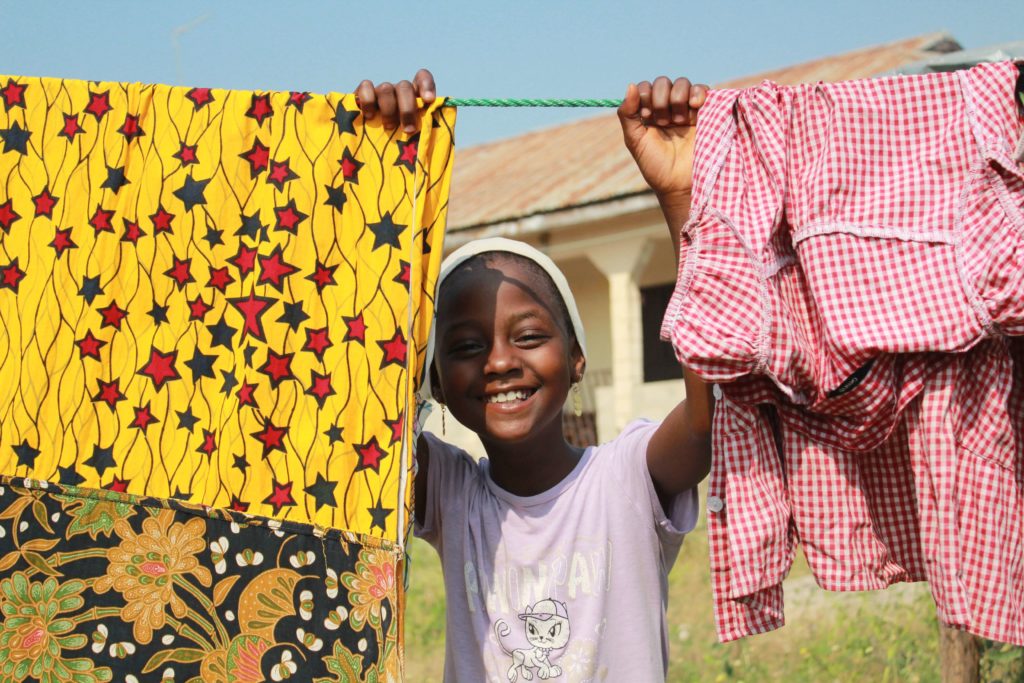
It is not much about the intensity of the emotions, but about the frequency of these emotions of anger/frustration.
During a day, if there is more time spent into anger, yelling, foot-stamping, and aggressiveness than into well-being, you can ask yourself: are my child’s reactions proportional to the situation?
Take a week to observe your child, write down what situation triggered him, how he reacted, and add if you think that his reaction was proportionate.
I Lost Control: How Can I Help My Child?
Children with low frustration tolerance, are children who want to control reality. When they cannot make « their » reality works with « the reality » they get very angry. Parents usually submit to their child demands to avoid the emotional outburst that follows.
Those children seem happy when their environment bend to their wishes and seem (and sound) unhappy when they are contradicted.
But as much as parents can accommodate their daily life to please their child’s demand, one day this child will go out in the world. A teacher, for example, cannot create 20 different realities to satisfy 20 children. Reality is reality. It exists, and you have to make do.
Do you realize that when you let you 3 years old do whatever he wants, he will expect the same from you when he is 7, or 15, or 34? Because he definitely will. That’s what you taught him.
The problem here is the unbalance between pleasure and frustration, between desires and reality. A permissive education doesn’t allow a child to develop the idea of reality. What you may think of as love, that will to protect your child from frustration (“life will be hard enough later”, “he’s so small”, “he still has time”, “I want him to have what I didn’t have”) is actually a disservice to him.
Get Back On Track
What your child needs isn’t a life with no rules, a childhood where he gets anything he wants. This is not developing his personality, this is not making him stronger or confident of your love. A permissive education creates children with self-confidence issues.
Why is that? Because self-confidence doesn’t get build on bossing your parents and family around. It builds on real successes, with positive feedback and with the growth of one’s autonomy. A permissive education doesn’t allow those things to develop.
There are no successes when the others do it all for you, when you are so quick to get angry you never try twice. There cannot be positive feed-back when all you do is exhausting people around you. And there is no need for autonomy when you have parents helping you solve your problems and attenting to your desires.

7 Things You Can Do For A Healthier Relationship
[Tweet “Loving #unconditionnaly doesn’t mean no #boundaries”]
1 | Set life rules
A family has rules. And they are not only for those willing to follow them. They are for everybody. Some things children don’t get to choose.
2 | Listen to your needs
Do you remember your life before you had children? When you could sleep or go out whenever you wanted? Well, you should bring a bit of that back.
3 | Inspire your child
You are tired of your child complaining about not knowing what to do? Grow his catalog. Not by buying him new toys every two days, but by doing activities with him.
4 | Encourage autonomy
Stop doing things for your child! If I was a fly, how many times a day would I say that to you? Would I see you help him get dressed? Put on his shoes? Spread butter on his toast? Put his snack in his bag? Fasten his seatbelt? Cutting pieces of apple for him? Help him shower? Mmmh?
5 | Practice efforts and patience
Children need to learn perseverance. When you do something easily you don’t have the same feeling of accomplishment as when it took you efforts, wouldn’t you say?
6 | Teach him to fail
We all fail, and we will fail again. There is no way to avoid it and preserving your children from the little failures of childhood keeps him from learning to deal with it.
7 | Praise the positive
When your child succeeds, remind him of the efforts he did to get there. Show him the path. As for failure, success can be reflected on and we can learn from it.
Don’t want to lose this awesome list? Download our free cheat sheet and get the inforgaphic!
Being A Tyrant Is All He Knows
Your child doesn’t behave the way he does to bother you, but because it’s what he knows that work. Every child lives to fulfill his desires. As a baby, they have the pleasure to eat and the pleasure to be cuddled. As soon as they cry, we answer and provide. We give them pleasure and they love it. Which is fine, there are tiny babies, they NEED it.
As they grow into older babies and then into children, they have to learn that it cannot be like that all the time. Being an infant is a beautiful moment in life but it’s a moment. As a child grows, his mind grows too and he becomes able to understand that eating comes at a certain time, that mommy isn’t always available, and that they are moments to play and others to rest.
Those tiny frustrations like having to wait for lunch or for a hug, having to take a nap when we want to play teach us that there are desires, and on the other hand there is reality.
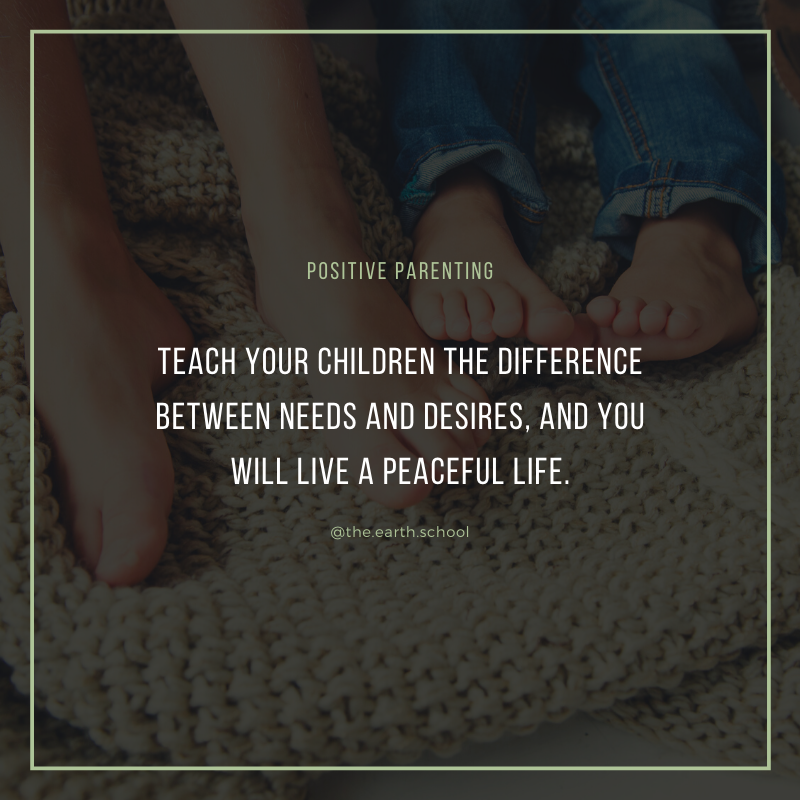
You cannot create an alternate reality for your children. We all have to live in reality, and the longer you shelter them from it, the more complicated it will be for you and for them.
How can you help your children to learn about the idea of reality? By setting life rules, by listening to your needs, by inspiring your child, by encouraging autonomy, by practicing efforts and patience, by teaching them failure, and by praising the positive.
It also sounds good, doesn’t it?
 Thanks for reading this article! As always, I hope it gave you some line of thoughts to explore as well as ideas to act and create a positive change in your life.
Thanks for reading this article! As always, I hope it gave you some line of thoughts to explore as well as ideas to act and create a positive change in your life.
Don’t let the inspiration fades and take action right away:
1. Download our cheat-sheet, it’s on the house
2. Decide on the one action you will implement today and write it down
3. Share this article with 3 friends who could benefit from it
4. Save the article in your favorites
I wish you all the best with your kids, always remember that we all do the best we can at a given moment and don’t judge yourself harshly. Be confident and listen to your intuition. If what you do comes from a place of love, then you’re on the right path.
See you next week for another exciting article!


Don’t Forget To Join Our Community To Get Inspiration And Tips Straight in Your Mailbox
I wish you all the best with your kids. Always remember — we’re all doing the best we can in any given moment, so try not to judge yourself too harshly. Be confident and listen to your intuition. If what you do comes from a place of love, then you’re already on the right path.

If this post resonated with you — if you’ve ever walked ten paces behind your child, wondering if you’re ruining everything — come join us on Instagram.
It’s where I share reminders, reflections, and the odd parenting confession… for mums figuring it out one heart-twinge at a time.

